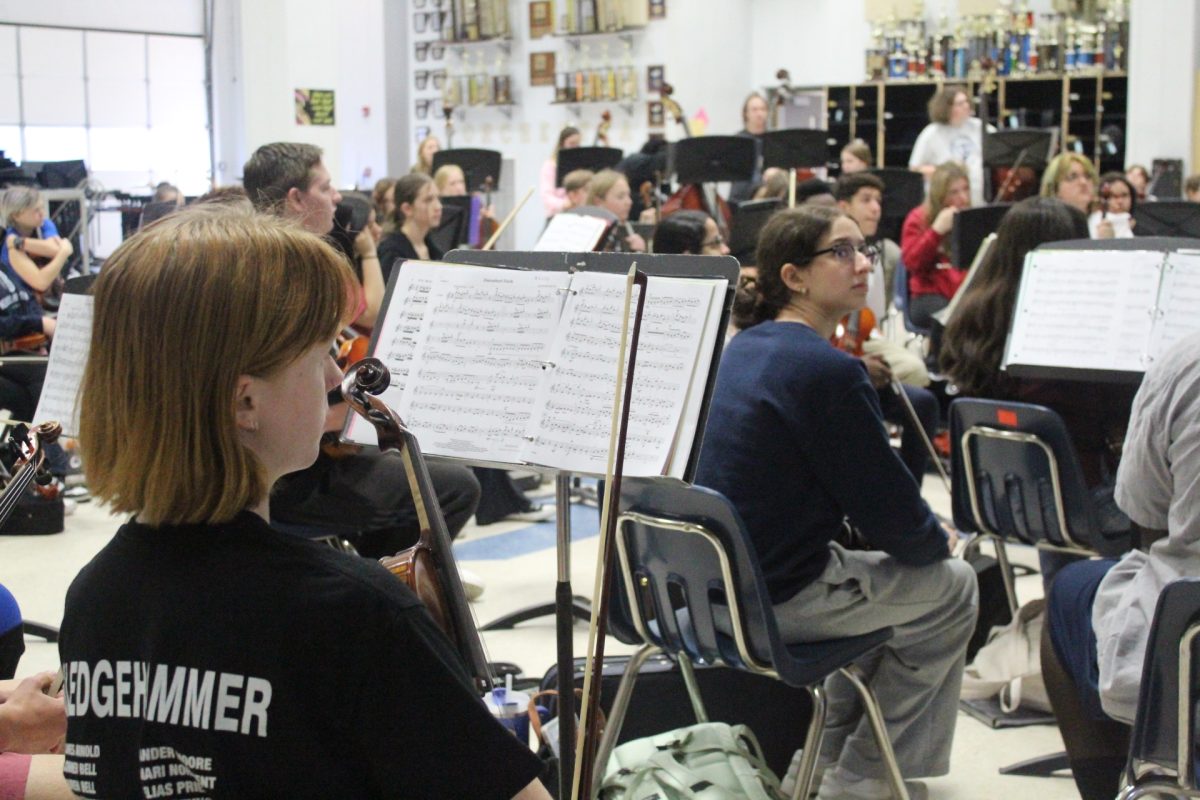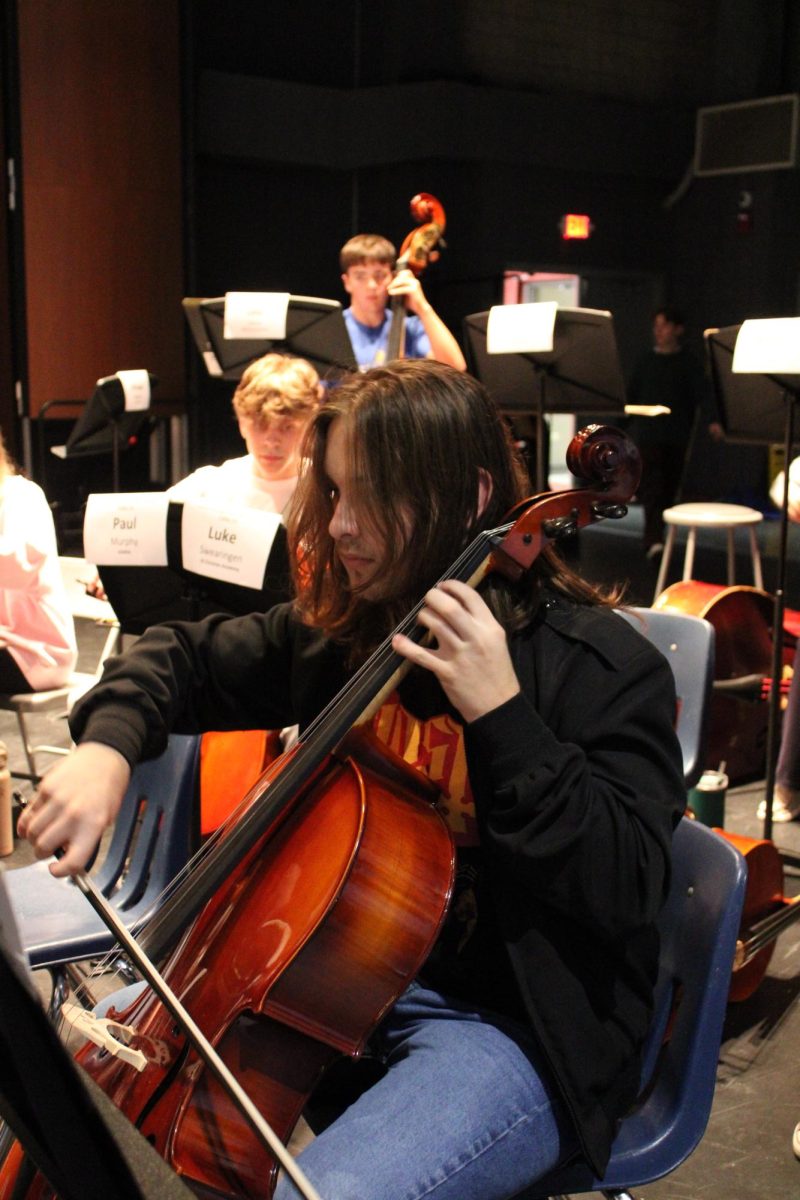Is Ignorance Truly Bliss?
April 5, 2022
The popular saying, “Ignorance is bliss,” originates from Thomas Gray’s poem “Ode on a Distant Prospect of Eton College,” written in 1742. The section of text that includes this famous quote states, “Where ignorance is bliss, ’tis folly to be wise.” This quote caused many people to believe that the fewer people know, the better. However, others question this belief by thinking that knowledge is the window to enlightenment. That being said, It’s important to comprehend and consider both sides of this debate in order not to remain in the darkness of the unknown.
The first side of this debate lies within the people who believe that Ignorance is blissful. The common belief within this mindset is that if you don’t know something, you should not worry about it. Some perfect examples from “yourdictionary.com” include: “Ignorance is certainly bliss for a parent who thinks their child follows all the rules when, in reality, they’re out every weekend misbehaving with friends.” and “Ignorance is bliss for children who don’t know how much a trip to Disneyland costs. Some parents know they might return home with a massive credit card bill, which could detract from their enjoyment at the moment. On the other hand, the children can blissfully carry their memories back to their friends and classmates.” The belief of blissful Ignorance is all around us. It’s the sole reason people argue with each other and participate in other forms of conflict. While these examples are surface level, the most prevalent conditions of Ignorance that most people notice remain within politics and science. Often a difference or lack of education, different moral values, and the unknown are the sparks that cause arguments to catch fire. Arguments cause more people to fall into a deeper pit of Ignorance and narrow-mindedness because they stand solely behind their beliefs instead of listening to the other side and coming to a compromise. As a result, they leave conflicts and other conversations with a feeling of bliss as if they will always be right.
The second side of this debate lies with the people believing that knowledge is power. The ability to question and the curiosity to explore is a deep-rooted drive in everyone. Many ancient philosophers have tried to explain the phenomenon of man’s power through the intellect. For example, Plato’s “Allegory of the Cave,” explains the nature of beliefs versus knowledge. A website called “studiobinder.com” provides a perfect summary of the allegory. As stated, “The allegory states that there exists prisoners chained together in a cave. Behind the prisoners is a fire, and between the fire and the prisoners are people carrying puppets or other objects. This casts a shadow on the other side of the wall. The prisoners watch these shadows, believing them to be real.” The prisoners in this allegory represent the human population, and the puppets represent non-reliable sources.
In contrast, the puppet masters represent people that spread misinformation. This is how people remain ignorant. They are either metaphorically chained or willingly stay within the grip of Ignorance. As the summary continues, “Plato posits that one prisoner could become free. He finally sees the fire and realizes the shadows are fake. The prisoner could escape from the cave and discover there is a whole new world outside that they were previously unaware of.” This section of the allegory explains that those who are open-minded, intellectual, curious, and enlightened break away from the status quo to explore the real world of knowledge. In other words, these people are the philosophers of the world. They are those who are destined to break the mold and gain intellectual power through first-hand exploration. The final part of the summary states, “This prisoner would believe the outside world is so much more real than that in the cave. Therefore, he would try to return to free the other prisoners. Upon his return, he is blinded because his eyes are not accustomed to actual sunlight. The chained prisoners would see this blindness and believe they will be harmed if they try to leave the cave.” The allegory ends by explaining the conflict that occurs between Ignorance and enlightenment. Some people are blind to true knowledge, but when others try to teach them about the real world, they become afraid of change. This is why most people are at peace by remaining in the world of Ignorance. However, others have the drive to seek everything there is to know in this world to gain raw experience in its truest form.
The debate over if Ignorance is bliss or not can still be seen in today’s society. The public is naturally divided into those who cower in fear at the thought of change. In contrast, others dedicate their lives to seeing the billions of topics that the world offers. In reality, this plague of Ignorance will never go away because you cannot argue with someone who does not choose to listen and understand. As a result, the argument becomes one-sided, and the intellectual might feel as if they were talking to a wall. Hopefully, one day, knowledge will become the new bliss.

























